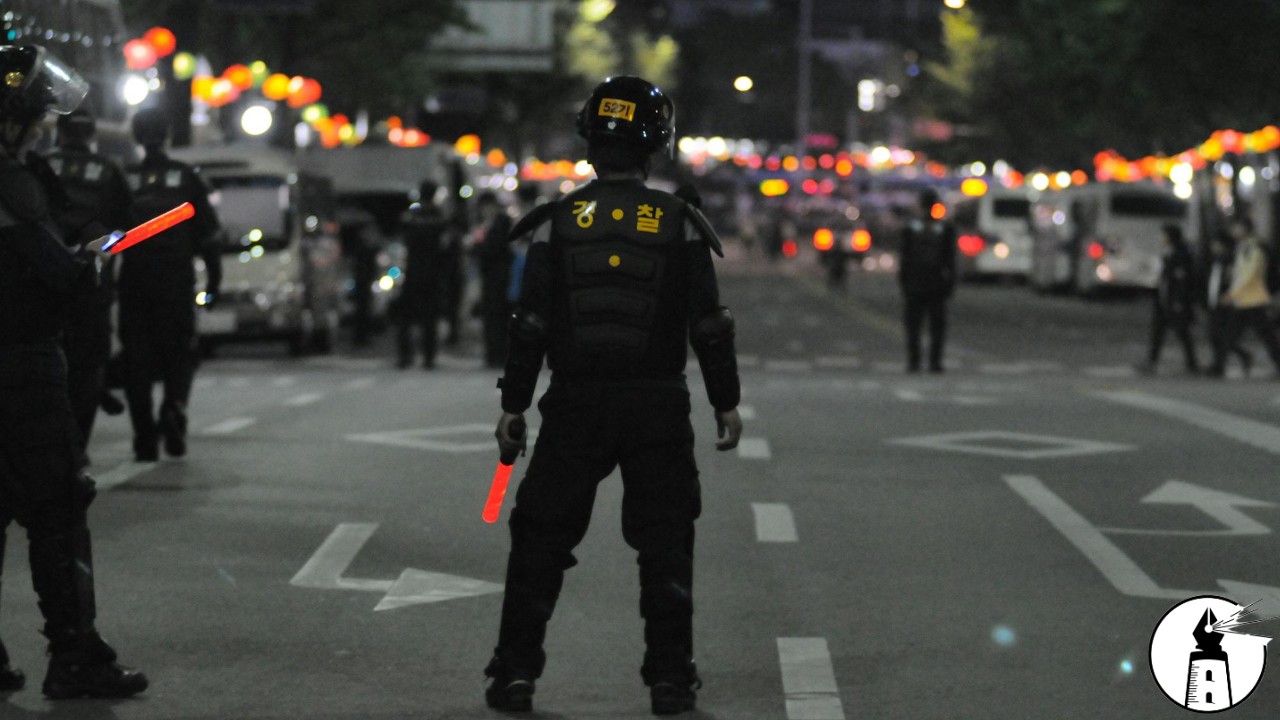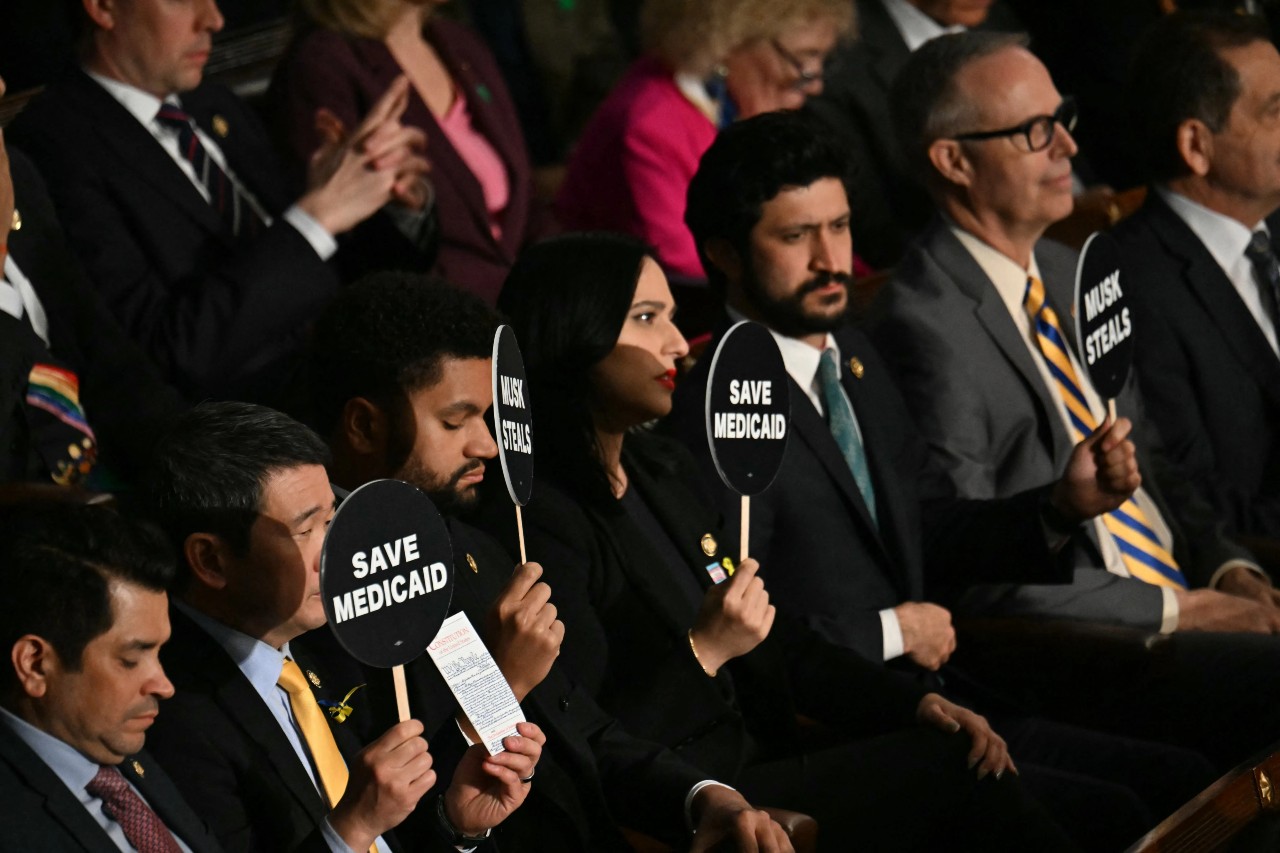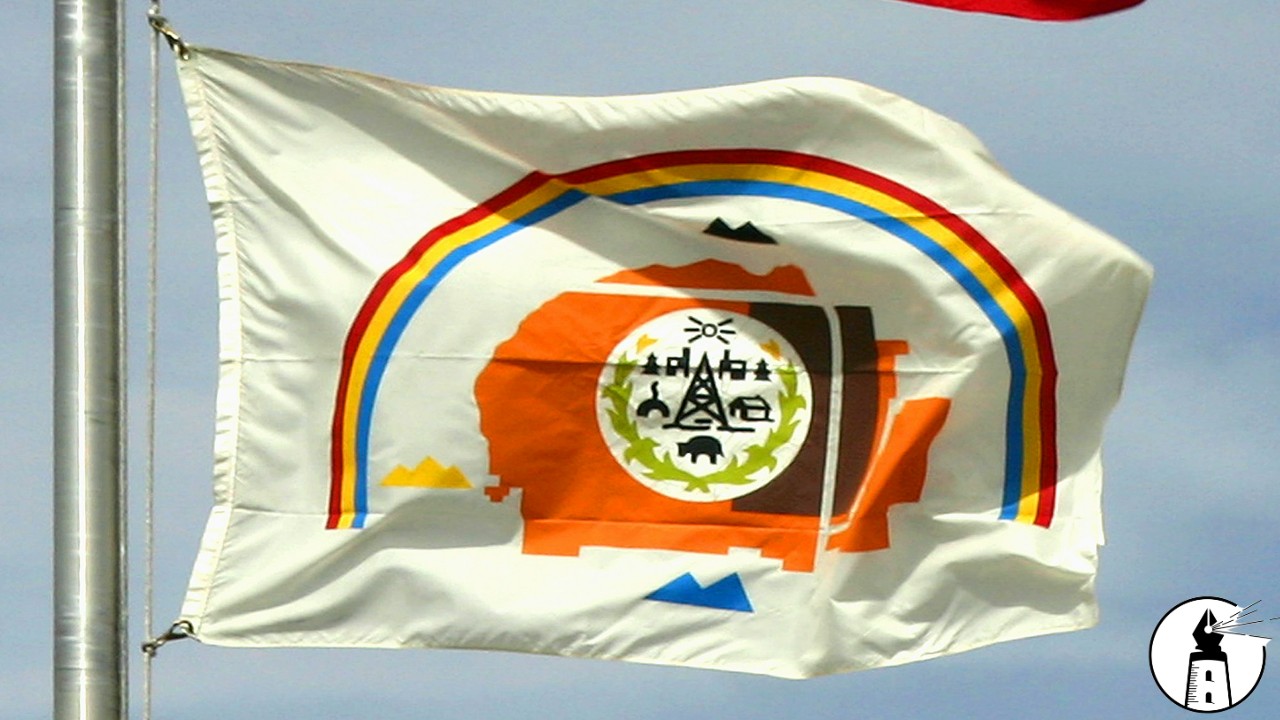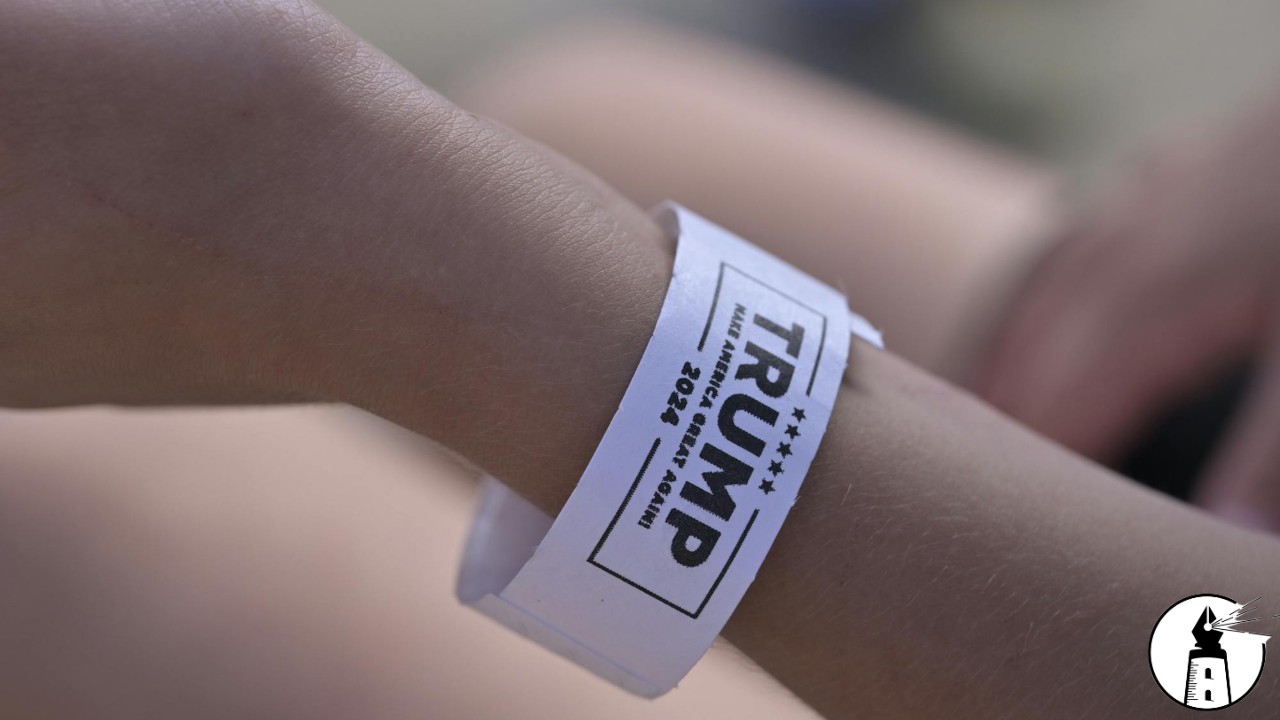On December 4, 2024, South Korea witnessed a shocking moment in its democratic history. President Yoon Suk Yeol declared martial law in the dead of night, sending heavily armed troops to encircle the National Assembly. The move, justified by claims of addressing ‘anti-state forces’, was a stark departure from democratic norms. It lasted a mere six hours before parliament unanimously overturned it, forcing Yoon to rescind his declaration. This unprecedented act raises profound concerns about the health of South Korea’s democracy and serves as a stark reminder of the vulnerabilities inherent even in robust democratic systems.
Yoon’s declaration came at a time when his presidency was under immense pressure. Struggling with plummeting approval ratings, an opposition-controlled parliament, and looming impeachment threats, Yoon appeared to make a last-ditch effort to assert control. His justification for martial law, citing threats to the state and a need to address legislative paralysis, failed to align with constitutional requirements, which reserve such powers for extreme emergencies like war. Instead of projecting strength, the move exposed desperation, alienating both political allies and opponents. It also drew condemnation from the public, with protests erupting outside parliament and widespread comparisons to South Korea’s authoritarian past.
The chaotic scenes in Seoul have striking parallels to the January 6th, 2021, insurrection in the United States. Both events highlighted dramatic attempts to disrupt democratic processes. In the United States, the assault on the Capitol aimed to undermine the certification of a legitimate election. In South Korea, a sitting president invoked martial law to stifle an opposition-dominated parliament. In both cases, democratic institutions faced severe tests, with lawmakers playing pivotal roles in resisting these challenges and preserving the rule of law.
While the United States has not experienced martial law in modern times, it is worth considering how such a scenario might unfold in the future. Historically, martial law in the United States has been invoked only during extraordinary circumstances, such as wartime or widespread civil unrest. The legal framework, including the Posse Comitatus Act, imposes strict limits on the domestic deployment of federal troops, although exceptions exist in cases of rebellion or insurrection. Any attempt by a president to declare martial law in response to political crises would likely face robust legal and institutional challenges.
However, recent years have demonstrated that no democracy is immune to destabilizing pressures. The events of January 6th and the polarization of political discourse suggest that the conditions for extraordinary actions, such as martial law, could potentially arise under the right (or wrong) circumstances. A future president, perhaps facing an unprecedented national crisis or personal political peril, might be tempted to wield such powers. The question then becomes whether the institutions designed to safeguard democracy would hold firm.
South Korea’s experience offers a lesson in both the fragility and resilience of democratic systems. The rapid response of its parliament, overturning martial law and reaffirming the primacy of constitutional order, serves as a powerful reminder of the importance of institutional strength and civic vigilance. The United States, reflecting on its own challenges, must remain vigilant in safeguarding against authoritarian tendencies. Ensuring the integrity of democratic processes, fostering a culture of accountability, and resisting the allure of extraordinary measures are essential to preventing similar crises in the future.
As we look to the future, including the political climate that could shape the United States in 2029 and beyond, the question looms large: Are democracies prepared to withstand the challenges posed by leaders who might prioritize power over the rule of law? The answer lies in the collective resolve of institutions, leaders, and citizens to defend the principles that underpin democratic governance.
—By Greg Collier



